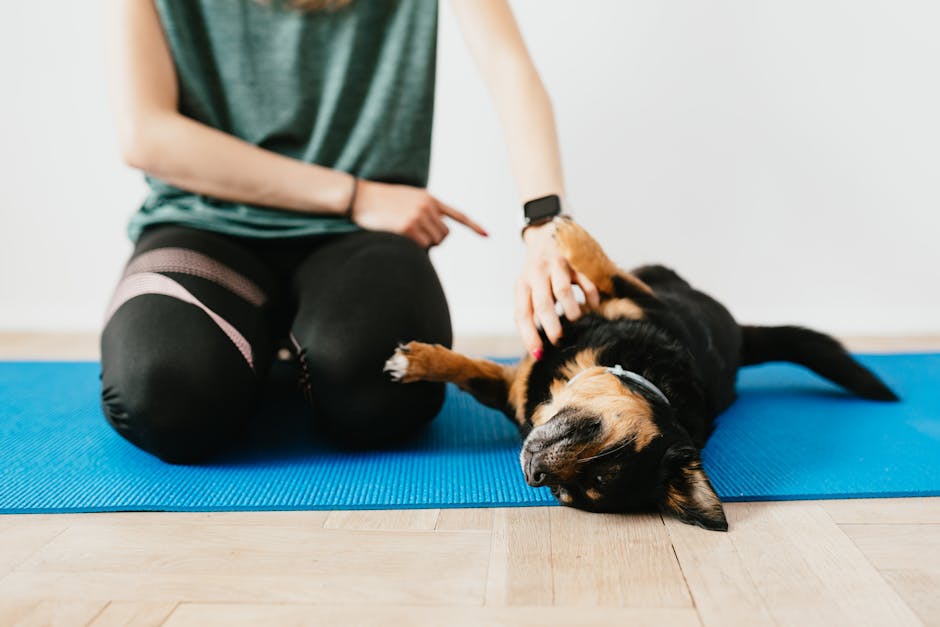Dog training is an essential aspect of pet ownership. By establishing clear communication and boundaries, you can create a well-behaved and happy companion. Here's a comprehensive guide to effective dog training that covers everything you need to know.
**Understanding Basic Principles**
The foundation of dog training is positive reinforcement and consistency. Positive reinforcement involves rewarding desired behaviors with treats, praise, or affection. Consistency means establishing clear rules and expectations that your dog can understand and follow.
**Socialization and Early Training**
Socialization is crucial for developing a well-rounded dog. Expose your puppy to different people, places, and experiences while they are young. Early training should focus on basic obedience commands such as sit, stay, come, and heel. Use short, repetitive training sessions and start with simple commands.
**Training Tools**
Various training tools can assist you in the process. Treats are an effective way to reward good behavior. Clickers can be used to mark specific actions, while leashes and collars help establish control and direction.
**Establishing Boundaries**
Boundaries are essential for preventing unwanted behaviors. Clearly define acceptable and unacceptable actions, and enforce them consistently. Use positive reinforcement for desired behaviors and appropriate corrections for undesirable ones.
**Common Training Challenges**
Every dog is different, and you may encounter various training challenges. Patience and consistency are key. Common issues include leash pulling, jumping, barking, and aggression. Seek professional help if you face difficulties or need guidance.
**Advanced Training**
Once your dog has mastered basic obedience, you can consider more advanced training. This could include agility, scent work, or specialized tasks such as therapy or service dog training.
**Maintaining Training**
Training is an ongoing process. Reinforce commands regularly and continue to socialize your dog. Use short, fun training sessions to keep your dog engaged and motivated.
**Conclusion**
Effective dog training requires patience, consistency, and positive reinforcement. By following these tips and guidelines, you can establish a strong bond with your furry companion and create a well-behaved and happy dog. Remember that training is a journey, and every dog learns at their own pace. With love, patience, and dedication, you can achieve remarkable results and enjoy a lifetime of companionship with your loyal friend.
